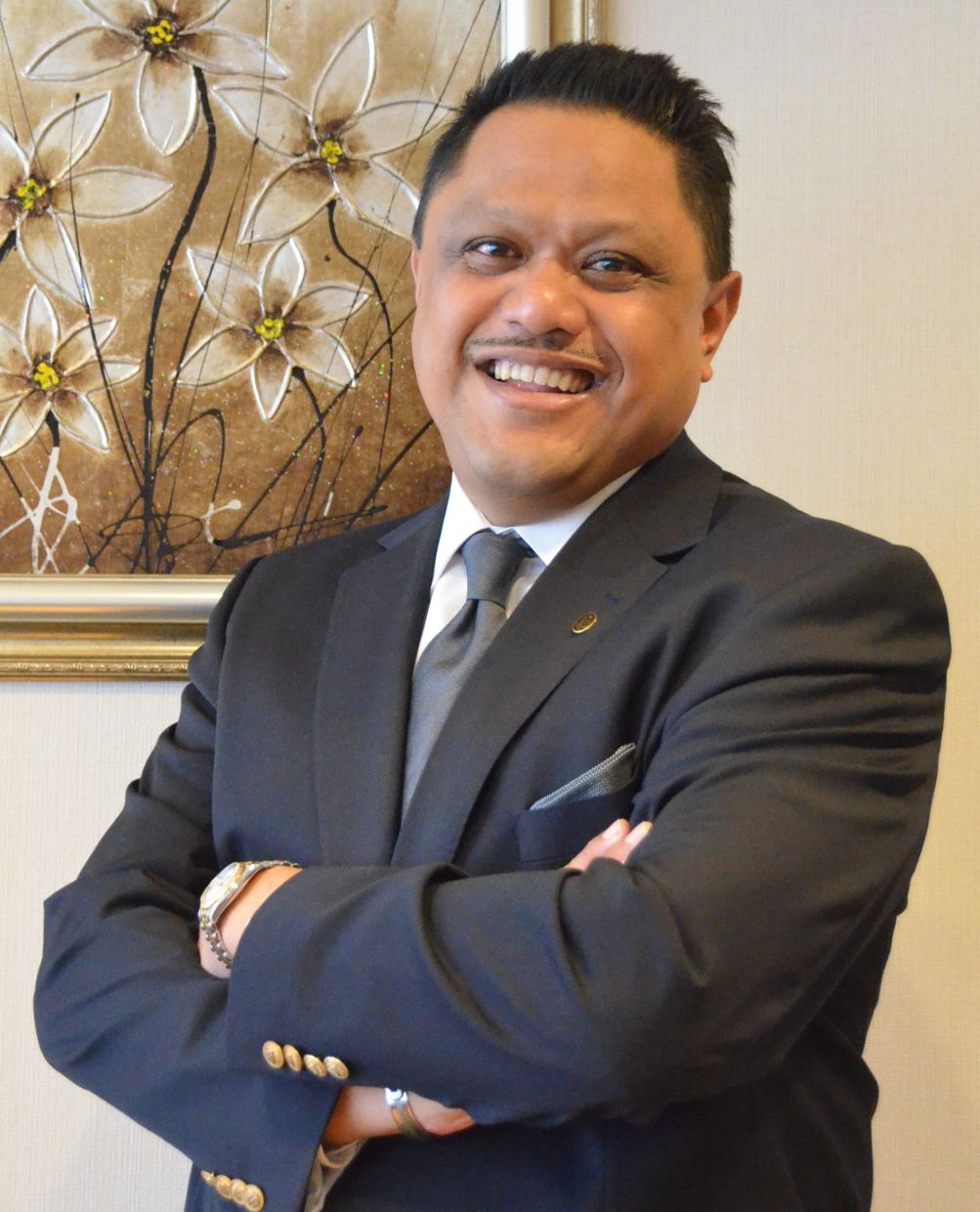Maybank aims to foster a low-carbon economy and drive capital mobilisation for sustainable financing in the region. - IZZRAFIQ ALIAS/The Star
MAYBANK is one of South-East Asia’s largest financial institutions, with global access, our customer-centric approach spans across 18 countries, including all 10 in ASEAN. In line with our ambition to be a sustainability leader in South-East Asia, we want to drive the mobilisation of capital in an impactful manner – promoting sustainable financing, becoming an agent of the transition to a low-carbon economy and enhancing community well-being through financial inclusion and community empowerment initiatives.
Our journey towards sustainability leadership has resulted in Maybank being recognised in TIME’s World’s Best Companies 2023 listing, the only company in Malaysia to receive such recognition.
Maybank developed four holistic sustainability commitments in 2021 to demonstrate our seriousness towards this agenda, underpinned by three sustainability pillars:
> Responsible transition.
> Enabling our communities and ensuring our house is in order.
> We walk the talk.
These commitments are now deeply rooted in our corporate culture and reflected in the multifaceted approach to environmental, social and governance (ESG) initiatives. Building upon the significant progress made, two commitments were revised upwards in 2022 to a target of RM80bil in sustainable finance and two million households across ASEAN by 2025. The other two include achieving a carbon neutral position of our own emissions by 2030 and net zero carbon equivalent position by 2050, and achieving one million hours per annum on sustainability and delivering one thousand significant UN SDG-related outcomes by 2025.
As of June 2023, Maybank mobilised RM14.62bil in sustainable finance, with a cumulative achievement of approximately RM49bil – more than half of the contributions from the home markets of Malaysia and Singapore. In the same timeframe, Maybank’s efforts benefitted over 1.05 million households through financial inclusion initiatives, zakat contributions, micro-insurance offerings and regional flagship programmes by Maybank Foundation.
In terms of internal emissions, we surpassed our yearly target, achieving a 48.5% reduction against 2019 baseline contributed by energy efficiency projects, Malaysia Renewable Energy Certificates and carbon credits. Internally, we continuously upskill our talents and build capacity to strengthen our sustainability culture.
As of June 2023, we achieved over 580,000 hours on sustainability – 62% was directly related to sustainability initiatives through products and services offerings, supporting businesses, empowering our workforce and community uplifting programmes.
This year, Maybank signed an memorandum of understanding (MoU) with UN Global Compact Network Malaysia and Brunei to develop a collaborative Maybank Sustainability Practitioner Certification Programme.
In the pursuit of progress, there are challenges – transitioning clients who are in different stages within their ESG journey, different industries and priorities; some require more incentives to enhance climate disclosures, whilst others are not ready to make required decarbonising solutions. To a large extent, our transition strategy is contingent on our clients’ transition and therefore all components of the financial ecosystem play a role in driving transition.
Another challenge is data accessibility. There are difficulties in gathering specific data necessary to create a clear overview of exposure to ESG risks and management of it. This data gap is particularly apparent amongst SMEs who are struggling to know what data is needed, let alone what needs to be done to comply with ESG regulations.
Maybank’s M25+ strategy amplifies our commitment to prioritise climate action as the cornerstone of the group’s sustainability agenda, positioning Maybank at the forefront to drive a just and responsible transition to a low-carbon economy. In 2022, Maybank was the first in Malaysia to establish its financed emissions baseline and implement Malaysia’s first-ever Sustainable Product Framework (SPF). Moving on to this year, we developed a Client Engagement Guidebook for relationship managers to have meaningful ESG-related client engagements, building forward-looking strategic and operational thinking capabilities and curating bespoke solutions.
We also updated the eligible activities and thresholds under the SPF to reflect market best practices in the provision of sustainable finance solutions and launched an internally developed Financed Emissions Calculator, guiding financed emission management by enabling users to gauge emission upfront from new financing and its impact to the existing portfolio.
Maybank is already in the process of developing a science-based net zero pathway and strategy to guide our decarbonisation transition for certain sectors within the group’s portfolio and will continue to push boundaries as we strive to make a positive impact to society and better future for all.
Shahril Azuar Jimin is Maybank chief sustainability officer.






